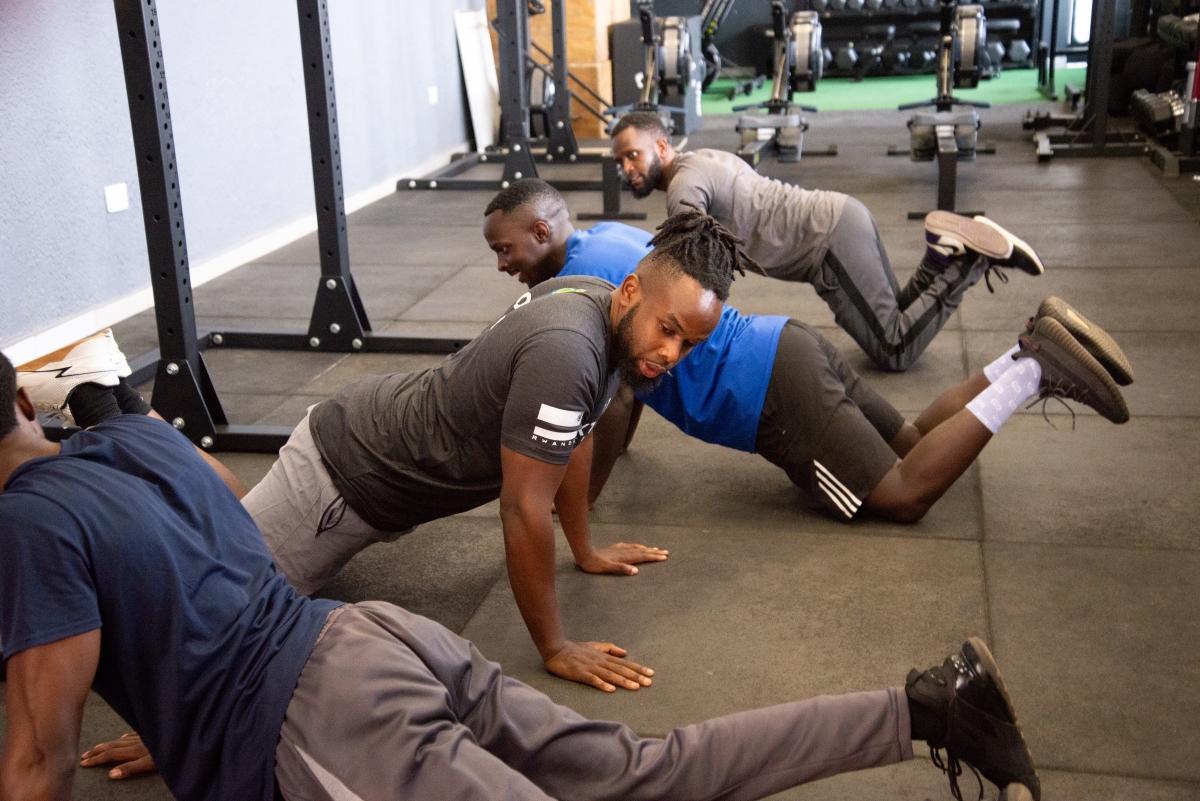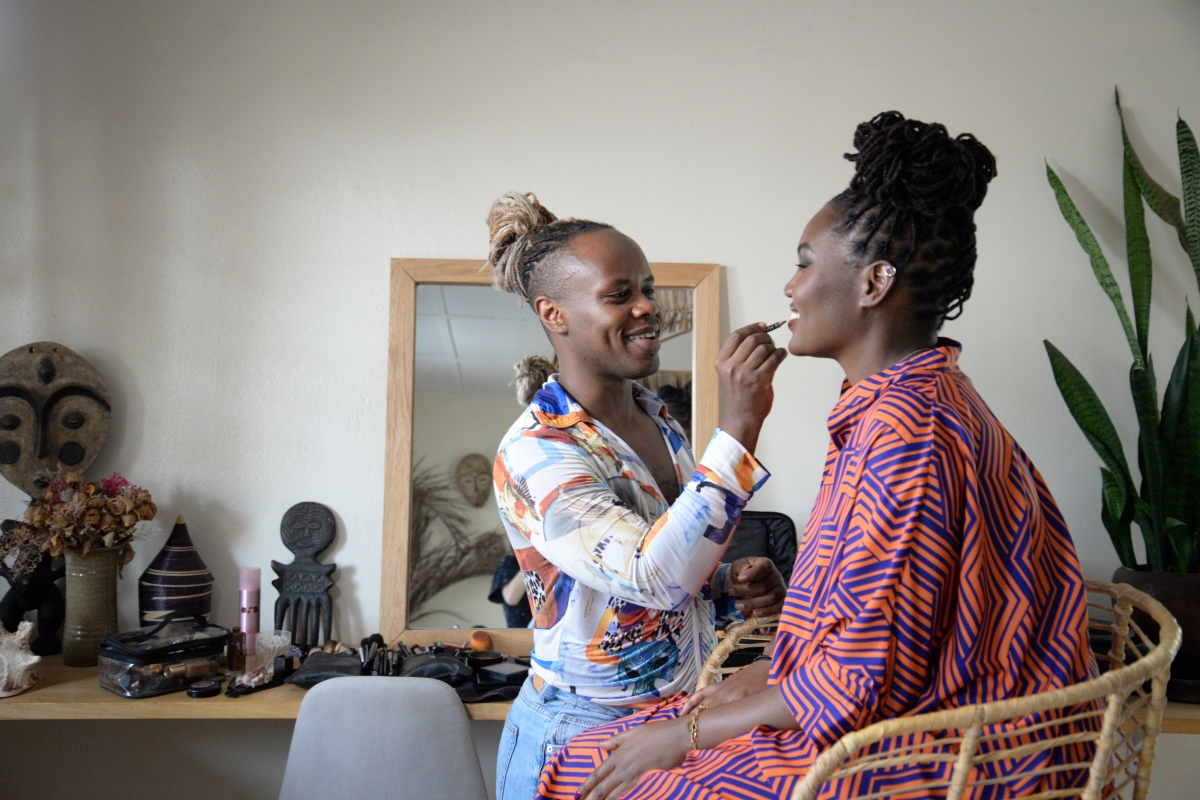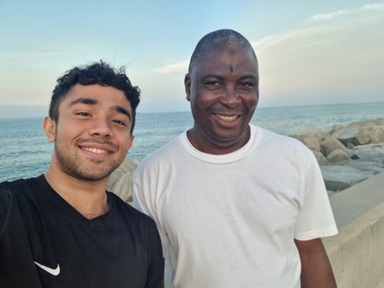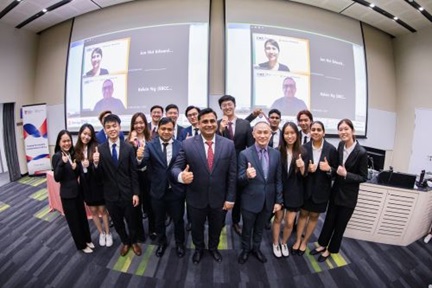Returnees make up for lost time by remaking Rwanda
A final year journalism student discovers how those who fled the country years ago are now returning to rebuild it
By Eunice Sng
Manzi Kayihura, 59, grew up in Kenya, but never felt like he belonged there. “Because we were refugees, we were stateless. We did not have the same rights as citizens,” said the executive chairman of Wilderness Rwanda, an eco-tourism company. Kayihura’s parents fled Rwanda in 1959 for Congo, where he was born. He grew up in Kenya, attended university in Germany, but moved to Rwanda in 1998.
His story is similar to that of many, who now make Rwanda home and use the skills they gained overseas to improve life there. Some returned from years of exile after fleeing the violence against the Tutsis. They have contributed to rebuilding the national economy. Anne and Joan Mazimhaka, aged 46 and 44 respectively, have a refugee father. The sisters grew up in Uganda, studied in Canada and moved to Rwanda in the early 2000s. The pair founded communications agency Illume Creative Studio in 2010. Before them, advertising agencies focused on driving sales instead of explaining the stories behind their business initiatives, said Joan. “Rwanda was building its brand very strongly in terms of growth. But people still didn’t understand what the country was like,” she said. They wanted to create a new image for Rwanda that was not merely about the genocide or mountain gorillas. “Our whole mission was to change what you see when you google Rwanda,” said Joan. “We want people to see the lakes, creativity, agriculture, cities and people’s faces. Not just as victims, but as people who are growing.”
Some Rwandans returned because they felt their work would make a difference here. One of them is Theophile Mutesa, 35, who moved from Amsterdam in 2019 to start his own gym. The gym, Kigali Fit, is the only place in Rwanda that provides CrossFit training, which blends different high-intensity exercises. This means less competition.
 Theophile Mutesa leads a class for fitness trainers in his gym. They must complete two exams and an internship to become full-fledged trainers. PHOTO: EUNICE SNG
Theophile Mutesa leads a class for fitness trainers in his gym. They must complete two exams and an internship to become full-fledged trainers. PHOTO: EUNICE SNG
“It would have been 10 times more difficult to do this in the Netherlands because CrossFit is already there,” said Mutesa. Ivan Mugemanyi, 37, returned from Belgium in 2020 to establish a personal makeup business. The beauty industry had been growing quickly and Mugemanyi seized the opportunity to make a name for himself. “There was excitement from others, so that really touched me,” he said.
 Makeup artist Ivan Mugemanyi puts the finishing touches on Colombe Larocka for her birthday celebration. He works from his own apartment. PHOTO: EUNICE SNG
Makeup artist Ivan Mugemanyi puts the finishing touches on Colombe Larocka for her birthday celebration. He works from his own apartment. PHOTO: EUNICE SNG
He felt motivated to contribute something new. He once applied makeup for the president’s daughter before her wedding. “When will I ever do the queen’s or princess’ makeup in Belgium?” he said. While there are over half a million Rwandans who choose to remain overseas, some contribute by investing in Rwanda. A third of Rwandan professionals residing in the United Kingdom have invested in Rwandan businesses, according to a 2018 survey by the International Organisation of Migration (IOM). According to the World Bank, members of the Rwandan diaspora remitted US$469 million (S$640.7 million) back home in 2022. Real estate broker, Banamwana Prince, 30, said many of his diaspora clients have purchased land and property here.
A famous example of the trend is the ivory castle that overlooks Lake Kivu in the west. Owner Christian Marara, 62, aims to transform it into a hotel by the end of the year. “I want to promote tourism in Rwanda. I want to make Lake Kivu the romantic destination of East Africa, like the French Riveria,” he said. The Rwandan Ministry of Foreign Affairs and Cooperation has a department which organises programmes for the diaspora to remain connected to their roots. Participants are matched with training institutions in their area of expertise and share their skills in vocational education, health, and finance. Joseph Hategekimana, 42, a food scientist, lives in Finland and returned for three months last year to set up lab equipment at a local polytechnic and mentor teachers there. Yohani Kayinamura, who resides in the United States but set up a private school here, said: “Rwanda does not have a lot of resources, but people are the resources that Rwanda has.”
 Chateau le Marara, a French-style castle located on the shores of Lake Kivu, fascinates both Rwandans and tourists alike. The building owned by Christian Marara is expected to open to visitors in December. PHOTO: EUNICE SNG
Chateau le Marara, a French-style castle located on the shores of Lake Kivu, fascinates both Rwandans and tourists alike. The building owned by Christian Marara is expected to open to visitors in December. PHOTO: EUNICE SNG
Eunice Sng is a final year journalism student in Nanyang Technological University’s Wee Kim Wee School of Communication and Information. Her report on returning Rwandans was part of the school’s Going Overseas for Advanced Reporting programme.








